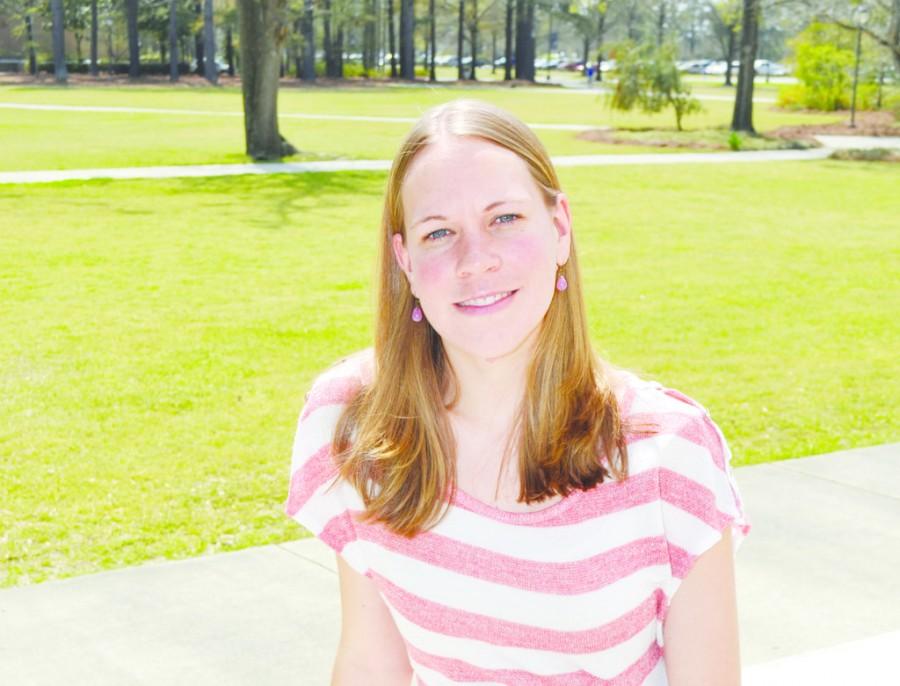Physics and astronomy professor Dr. Ginger Bryngelson has a passion for the stars and interest in how the heavens came to be what they are today.
Bryngelson, among others, applies for viewing time at with National Astronomical Observatories (NAO), which runs various sites that house “really, really big” telescopes that can literally reach beyond the stars.
As a scientist, her primary research is the specialized viewing of supernovae, which are essentially massive stars that explode. Earlier this year, she had the opportunity to witness a rare astronomical occurrence.
“It just so happened that I was there viewing some older supernovae, when we got word that another had just gone off,” Bryngelson said. “We were able to get some really interesting images and data from it.”
The exploding star that Bryngelson witnessed was the closest one to our galaxy (the Milky Way) since the 1970s, and before that, a similar event had not occurred since the 1500s.
Bryngelson explained that these “exploding stars” do not explode in the way one might imagine.
“A star goes through its lifetime, which, depending on how big it is, may last for millions, even billions of years,” she said. “When they reach the end of their time, ones that are big enough explode outwards for between 300 and 600 days.”
Bryngelson also reassured that Earth’s sun will not explode, not even billions of years down the road.
“It’s going to have an exciting time about five billion years from now when it runs out of hydrogen…it’s going to puff up into what we call a ‘red giant’ and fry us, but it won’t explode.”
Many students may have the tendency to view astronomy as a backyard telescope aimed to catch glimpses of the Little Dipper or Orion’s Belt, Bryngelson explained however, the study of astronomy is much more interesting with infinite possibilities.
She encourages students to visit the planetarium and observatory sessions and believes it may interest them more than they know.
“You can look at all of these stars and know that they are basically a bunch of suns, so in our galaxy, alone we have 100 billion suns, and each of those [has] planets around them,” she said. “Then there are other galaxies we can see, with 100 billion more stars. There’s just so much to see and discover.”
Astronomy can be viewed in the same light as detective work, in the sense that one clue can lead to more questions and more discoveries.
The light and physics allows scientists to piece everything together, Bryngelson said, almost like a “C.S.I for the heavens.”
Bryngelson is a Texas native who earned her PhD. in physics and astronomy from Clemson University, her Master’s of Science in physics from Clemson University and her Bachelor’s of Science in physics from Northern Illinois University.
